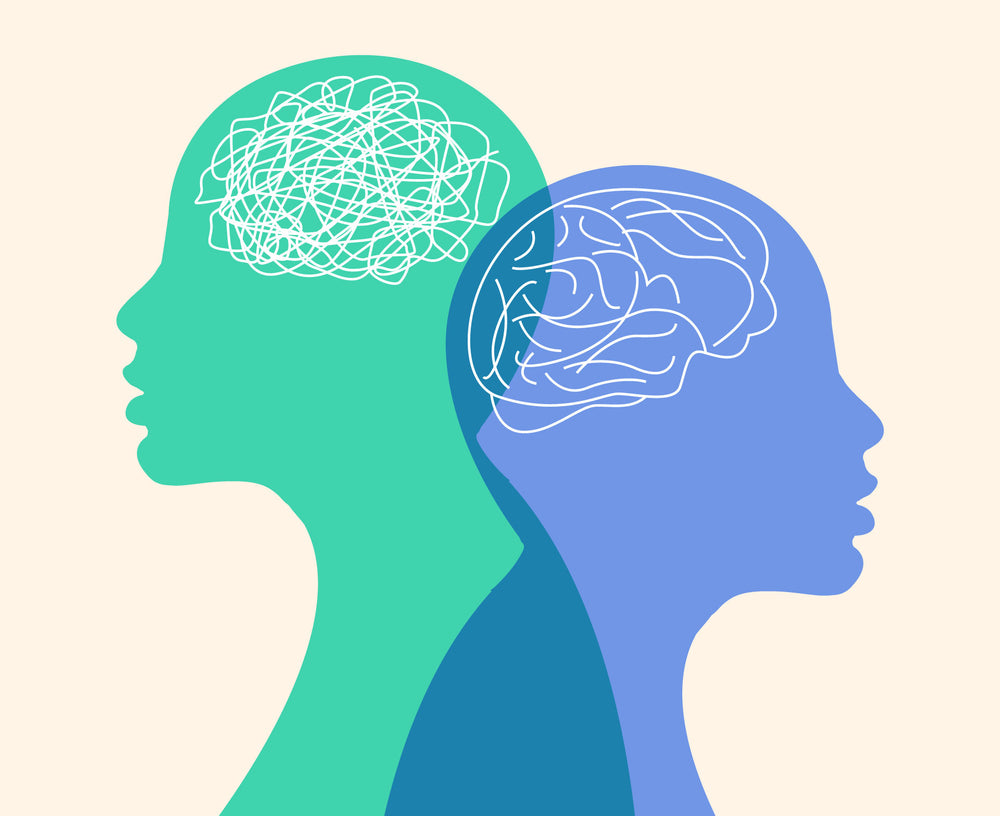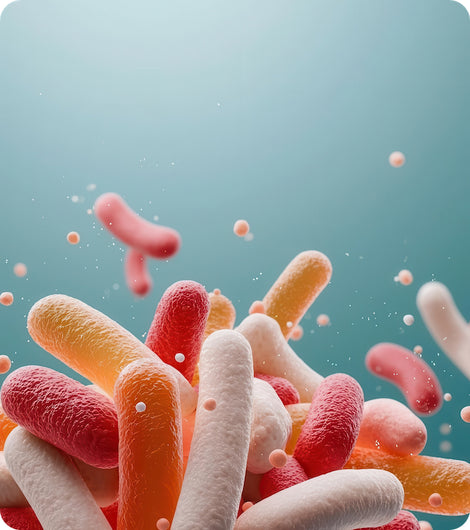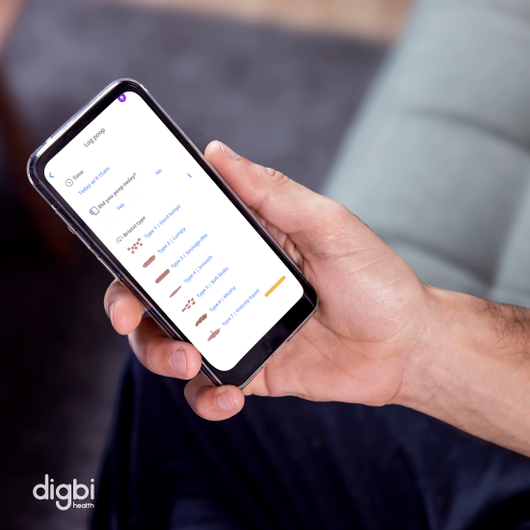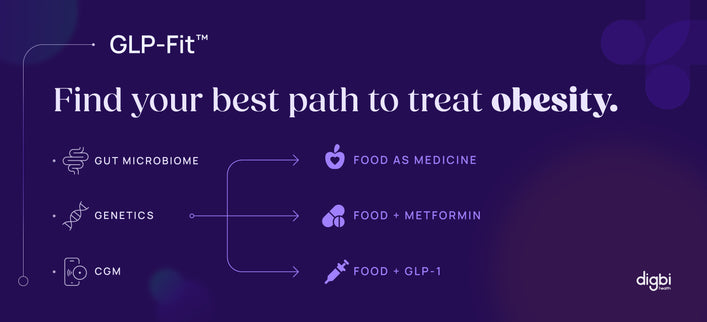We’ve all been there, heard that, and also have seen coworkers, friends and family go through it. Anxiety at the workplace has become so common that all of us have experienced it at least once.
What’s new is, more and more is being uncovered about the gut microbiome and the massive role it plays on the state of our mental health.
A healthy, well-functioning gut is critical to keep our bodies healthy. But we now know it also dictates our mood and how we feel daily. Anxiety, depression, sleep issues, are all influenced by the gut. And when we say the gut, we mean the trillions of teeny tiny bacteria that reside in the gastrointestinal tract - which, like all things, can be good and bad. The trick is to maintain a balance between the good bacteria and the bad bacteria.
To maintain the gut, and to aid with digestion, many people turn to probiotics for help. Digbi is helping connect the dots between gut microbiome and mental health (and revolutionizing precision therapeutic care).
Being Proactive with Probiotics
Probiotics are live microorganisms meant to help improve good bacteria in the body. They can either refer to food that is high in such desirable microorganisms, or even supplements.
With trillions of these bacteria in our bodies, we’re still uncovering different strains that aid multiple functions. There are at least a 1000 unique ones, and most belong to just a few phyla (or families). The composition of our gut microbiota is unique to each person, just like our fingerprints.
Due to processed food intake, unbalanced diets, and erratic meal times, this flora that is its own ecosystem in our body gets imbalanced. This leads to a host of health issues, mental health issues, and usually to start with, digestive issues. Today, a third of Americans experience anxiety, and notably, it’s higher among the younger population.
Probiotic bacteria are under constant study. It's been documented in clinical trials that probiotics could shape the intestinal microbiota, leading to potential control of some bowel diseases and promotion of overall well-being, including mental health.

Image by Digbi Health
Microbiol, J. (2019) Biotechnol Graphical Abstract “Role of Probiotics in Human Gut Microbiome-Associated Diseases”
https://www.jmb.or.kr/journal/view.html?doi=10.4014/jmb.1906.06064
Feeling on Edge?
Anxiety disorder is caused by extreme fear or worry, and can leave people feeling sad, hopeless, and discouraged. We’ve talked more about this in our blog post on how to manage anxiety through better gut health.
In studies by Digbi:
- 27% said weight gain caused a flare up negatively affecting their mental health
- 20% said weight loss improved their mental health
- For some members, certain strains of Lactobacillus, a "friendly" rod-shaped bacterium, have been shown to improve mental health, including anxiety and mood, in addition to improving gut health.
How Does Anxiety Affect Work Performance?
Workplace anxiety is stress caused by work that leads to anxiety. Because workplace anxiety and other mental illnesses are rising, employers are doing their best to help employees through difficult times, and improve their health. Many employers are taking action by partnering up with Digbi and giving their employees the help they need.
What Do Probiotics Have To Do With Anxiety?
The gut biome, which changes constantly, plays a role in digestion and absorption of nutrients, modulating immune responses, and influencing moods and behaviors. Studies have proven the gut-brain axis, and the modulation of serotonin (our happy hormone) that gets produced in the GI tract. Essentially underlining how our moods and feelings are controlled by our gut health.
That is not to say that genes have no role. Lack of a gene or dysfunction of a gene can cause a disorder as well. But gut bacteria, especially in the form of probiotics, our knight in shining armour, can help to suppress the condition or provide relief.
Without even knowing, we consume foods that are understood to be probiotics. Yoghurt, kefir, kombucha, sauerkraut, pickles and kimchi are all sources of high amounts of probiotics.
Is that it? Are probiotics all we need to manage anxiety?
In addition to having the right bacteria, it is also essential to feed these bacteria with the kinds of nutrients they need to multiply and sustain. This is where we need to include protein rich foods, and foods high in other micronutrients in our diets to keep the ecosystem flourishing!
Since each person’s microbiome is different, their nutritional needs too are different, and need to be looked at with detailed gut and genetics reports to reveal probiotic and nutritional needs.
Employers’ Investments In Mental Health
Investing in your employees’ mental health is good for business. According to a is study by NORC, employees who face mental distress use about $3,000 more in health care services per year, and for employers, lost days average $4,783 per year per employee.
Employers can team up with their insurance provider to consider one of Digbi's customized plans, or contact Digbi directly to inquire about memberships and services. Digbi helps members by providing nutrition, lifestyle, prebiotic-based therapies based on host genetics and the gut microbiome. Prebiotics are one part of our therapy and are included in our customized plans. Prebiotics feed probiotic bacteria for a Healthier You.
The chart below shows how our members’ customized care plans helped reduce overall ailments, including anxiety.

Image by Digbi Health
Digbi (2021) Reducing Ailments https://digbihealth.com/
If you want to find out more, schedule a 30-minute call with Scott Levy, our Chief Business Officer.











